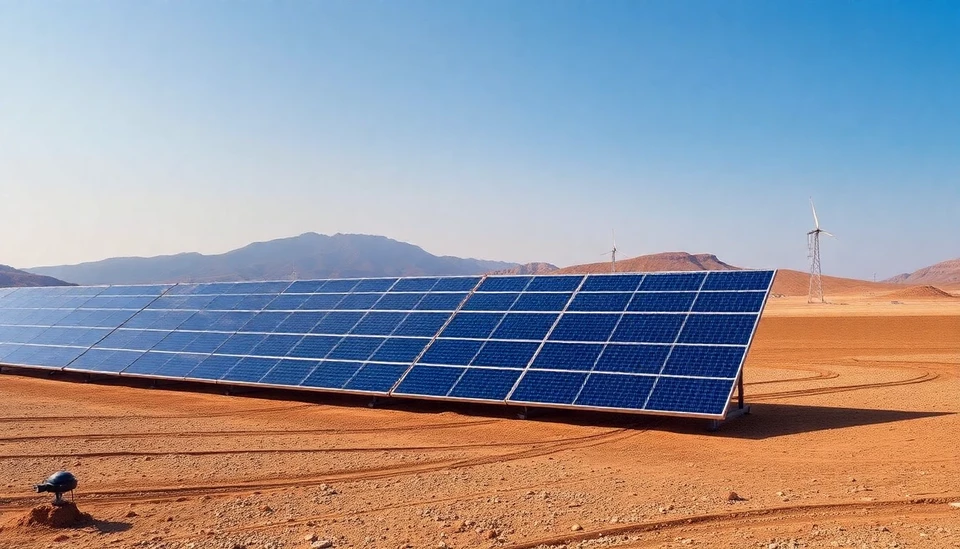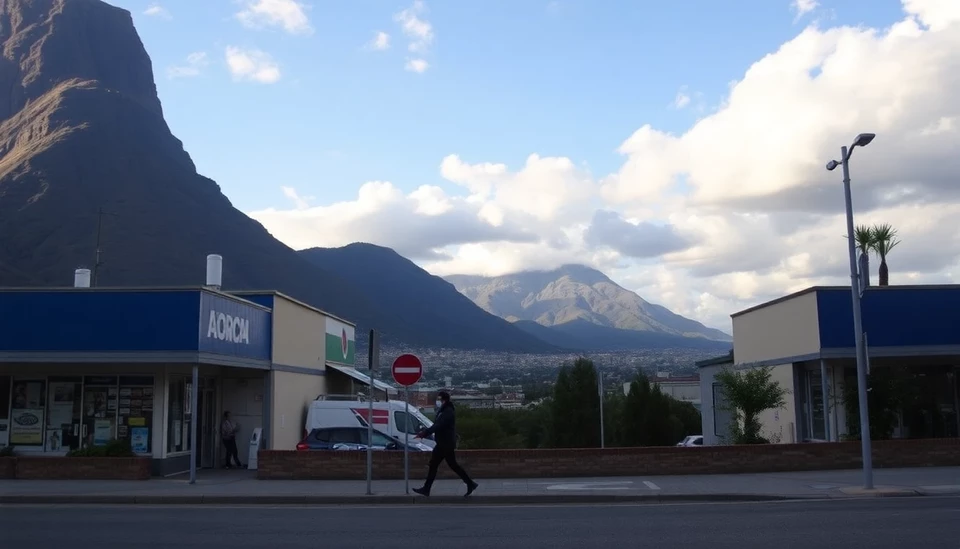
In a crucial development for South Africa's energy sector, the government has announced that a comprehensive energy plan will be submitted to lawmakers by March 2024. This impending submission is part of a larger strategy to address the nation's ongoing electricity crisis, which has sparked widespread concern and unrest among citizens and businesses alike.
The energy plan is expected to outline key initiatives aimed at stabilizing the country's electricity supply, which has been hampered by aging infrastructure, financial constraints, and an over-reliance on coal. As load shedding persists, causing significant disruptions in daily life and economic activities, the urgency of a solid framework for energy management has never been more pressing.
South Africa’s Minister of Electricity, Kgosientsho Ramokhopa, emphasized the need for a transparent and inclusive process as the draft plan is prepared. By submitting the plan to Parliament, the government aims to open discussions with various stakeholders, including energy experts, civil society, and industry representatives. This consultative approach is intended to gather broad input and facilitate a workable strategy that addresses both immediate needs and longer-term objectives.
One of the primary objectives of the new energy plan is to diversify the country's energy mix. Although South Africa has historically depended on coal for energy production, there is a growing consensus on the necessity of integrating renewable energy sources. Wind and solar power have been identified as key components to enhance energy diversity and sustainability. Furthermore, investments in renewable energy infrastructure are expected to create jobs and stimulate economic growth in several regions of the country.
The government has also signaled its commitment to improve the operational efficiency of state-owned power utility, Eskom. Eskom has been at the center of the energy crisis, with frequent reports of mismanagement and infrastructure failures. The energy plan will address these issues while exploring options such as public-private partnerships to strengthen Eskom’s financial stability and operational capacity.
As anticipation builds for the March deadline, the public and industry stakeholders are watching closely. There is a palpable sense of urgency in South Africa regarding the need for reliable electricity, as power outages have detrimental effects on business operations, leading to economic losses and a decline in investor confidence.
The forthcoming submission of the energy plan will not only seek to tackle the immediate power supply challenges but will also aspire to set a foundation for a more resilient and future-focused energy sector. With national energy security at stake, the success of this plan could have far-reaching implications for the country's economy and its ability to foster sustainable development.
The submission is viewed as a pivotal moment in South Africa's efforts to reclaim control over its energy landscape, moving towards a more sustainable, diversified, and reliable energy system that can support economic growth and improve the quality of life for all its citizens.
With key discussions anticipated in the coming months, all eyes will be on how effectively the government can navigate the complexities of South Africa's energy needs and aspirations. The outcome could redefine the energy policies in the country for years to come.
#SouthAfrica #EnergyPlan #ElectricityCrisis #RenewableEnergy #Eskom #SustainableDevelopment
Author: Laura Mitchell




